If a dentist has any reason to suspect that you might be suffering from oral cancer, they will send you to a specialist so that you can receive a conclusive diagnosis from them. Those who are already exhibiting symptoms of the disease do not have to wait until they have those symptoms before undergoing screening for mouth cancer. Even if a patient doesn't have any symptoms, they nevertheless be checked for mouth cancer on a regular basis so that we can catch the disease in its early stages.
What exactly is cancer of the mouth?
Cancer of the mouth, also known as oral cancer, is characterised by the growth of a tumour in the lining of the mouth. Mouth cancer is also known as oral cancer. It is possible for a tumour to develop in any part of the mouth, such as the tongue, the inside of the cheeks, the gums, the lips, or even the roof of the mouth. Oral cancer has the potential to metastasize, or spread to other regions of the body, if left untreated for an extended period of time. If treatment is not received, mouth cancer has the potential to become fatal. If you have any of the symptoms of mouth cancer, you need to make an appointment for a test as soon as possible.
What signs and symptoms point to the possibility of oral cancer?
In the disease's early stages, you may discover that your mouth, tongue, lips, or gums have developed a few minute pimples. In addition to these symptoms, people frequently experience persistent ulcers in the mouth or on the lips, as well as loose teeth. When the condition progresses, you may notice that your mouth hurts, that swallowing is painful or difficult, that you have white or reddish patches within your mouth, that your ears hurt, that your tongue feels numb, and that your speech alters.
Cancer of the mouth can strike anyone at any age; however, it strikes people most frequently between the ages of 50 and 74 and is more prevalent in males than in women.
What exactly happens during a screening for mouth cancer?
Your dentist will conduct an examination of your mouth to look for any indications or symptoms that could point to oral cancer. If they find anything that seems worrisome, they may decide to refer you to a specialist for further testing. Your dentist will examine the interior of your mouth during your screening exam, looking for anomalies such as red and white patches, mouth sores, and unexplained lumps and bumps. After the operation is complete, in the event that your dentist observed any warning indications of oral cancer, they may suggest that you see a specialist.
If you are searching for a top-notch wisdom tooth removal specialist in North Dublin with a remarkable reputation in oral surgery, our state-of-the-art clinic in Bayside Medical Centre can provide you with the quality care you require.
Thank you so much to @smilehubhubdentalclinic for sorting me out with a last minute cracked tooth! 💕🙏

@sosueme